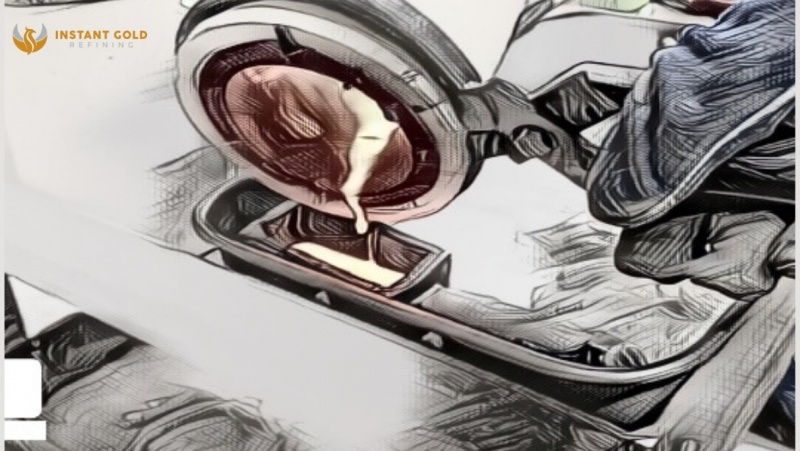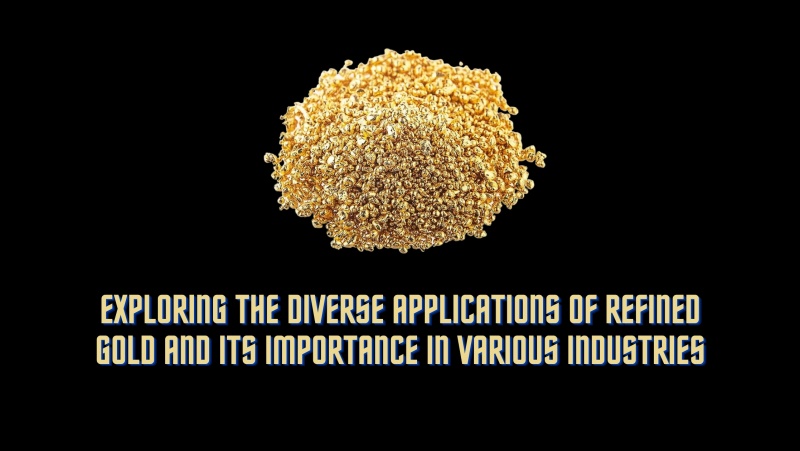Conduct Energy Audits to Identify Savings Opportunities
Some of the best strategies for lowering costs and your carbon footprint if you manage a precious metals refining company is to carry out routine energy audits. You can make focused adjustments that maximize efficiency by determining where you’re throwing away the greatest amount of energy. Your lighting, air conditioning, heating systems, and large equipment will all be examined as part of a thorough energy audit. Are you utilizing the solutions that are the most energy-efficient? Could you profit from modernizing outdated technology or modifying current systems? To find out if there is any inefficient heat gain or loss, the audit should also examine the building insulation and windows.
The ones that follow are some of the most effective ways to lower energy use in refining:
- Upgrading to LED lighting, especially in places where lights are left on for extended periods of time. When compared to incandescent bulbs, LEDs can save lighting expenses by up to 80%.
- Improve building insulation and stop any air leaks or draughts. This can considerably reduce the need for heating and cooling.
- Replacing obsolete machinery with high-efficiency, Energy Star-certified products, such as furnaces, ovens, and HVAC systems. Energy efficiency can frequently be doubled with new technology.
- Optimizing the schedule of the equipment so that it operates at off-peak times when energy prices are lower. You might be able to move some operations to the evenings or weekends.
- Recovering and recycling waste heat from refractory procedures like melting or annealing. The materials can then be preheated with the recovered heat, or they can be added to the building’s heating system.
Optimize Process Control Systems
- The secret is upgrading to energy-efficient equipment. Look for furnaces, kilns, and other equipment that can accurately manage temperature, reuse waste heat, and recover and utilize less fuel. Comparing newer models to older ones can result in a 50% reduction in natural gas use.
- Another successful tactic involves automating as many of your processes as you can. Automation improves consistency and efficiency, which reduces errors and resource waste. They also permit dynamic modifications depending on ongoing observation.
- Speaking of monitoring, you must have a reliable system in place to keep tabs on how much energy each of your operations uses. You may optimize scheduling and find new savings opportunities by using smart meters, data loggers, and analytics tools to learn when and where the greatest amount of energy is being utilized.
Recover and Reuse Waste Energy
During the smelting and electrolysis processes of refining precious metals, an enormous amount of energy is wasted as waste heat. Increased efficiency and cost savings can be achieved by recovering and utilizing this wasted energy.
The following are some tactics to put into practice:
- Use furnace exhaust heat to create power or pre-heat entering goods. There is a significant quantity of heat energy included in the hot gases released during melting. These exhaust gases can be routed via an exchanger to transfer heat to air or water, which can then be used for various tasks, such as heating up structures or creating steam to generate power.
- Produce sustainable energy locally. Some refineries of precious metals are perfectly adapted to produce their own renewable energy, such as solar or geothermal energy. It is simple to access subsurface geothermal energy sources thanks to the high-temperature machinery and procedures already in use. Additionally, solar panels can generate a sizable percentage of the electricity required by the refinery in regions with abundant and constant sunlight.
- Upgrade the insulation. More waste heat can be retained with the help of straightforward upgrades including adding greater insulation, fixing equipment cracks and leaks, and rearranging pipes to maximize flow. Additionally, better insulation enhances temperature control during the refining processes, increasing efficiency.







